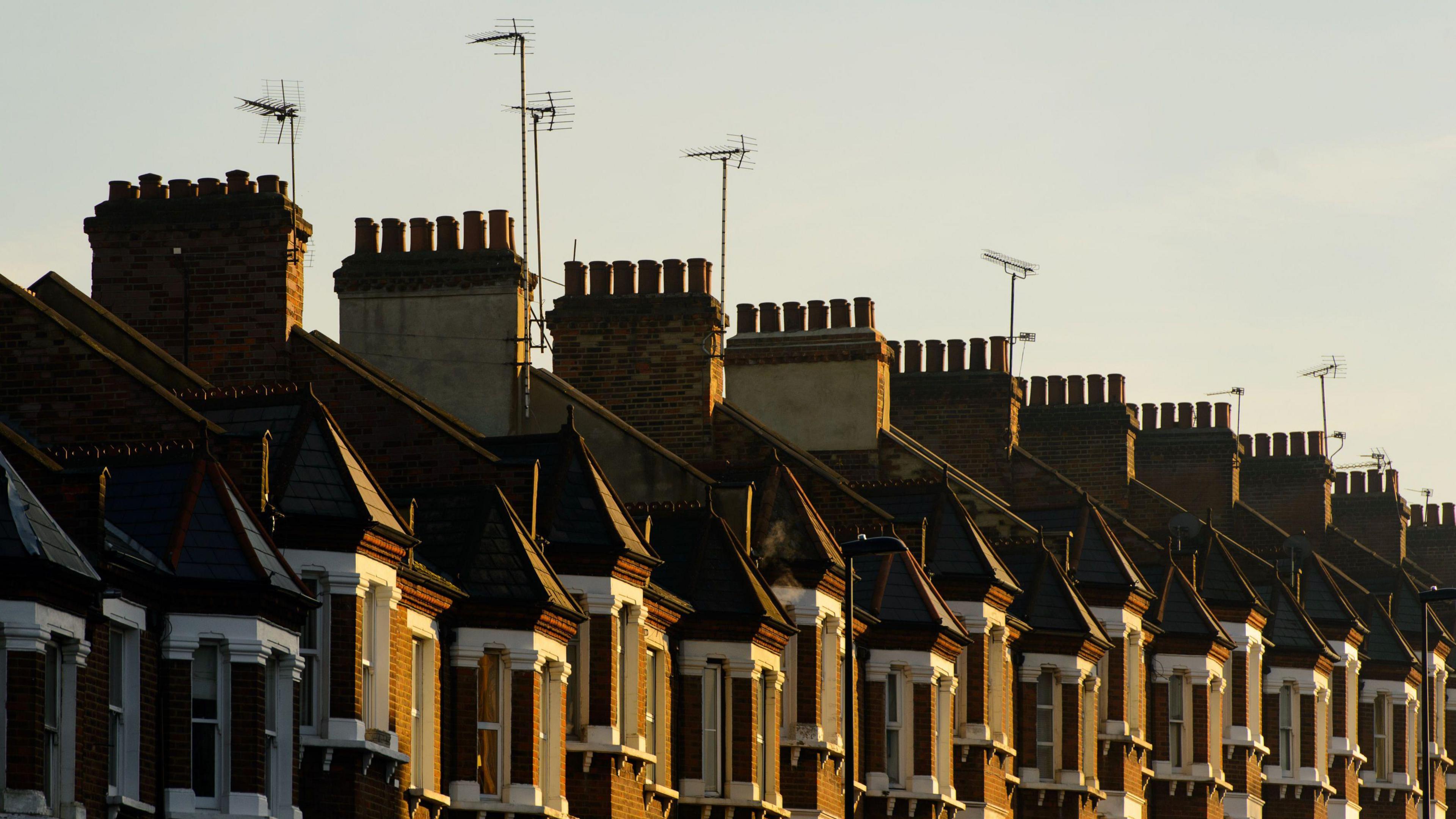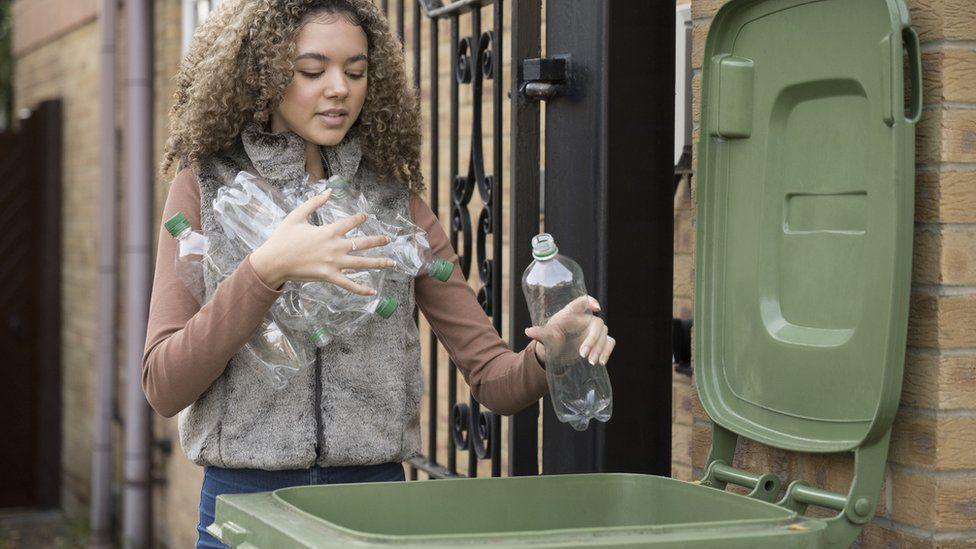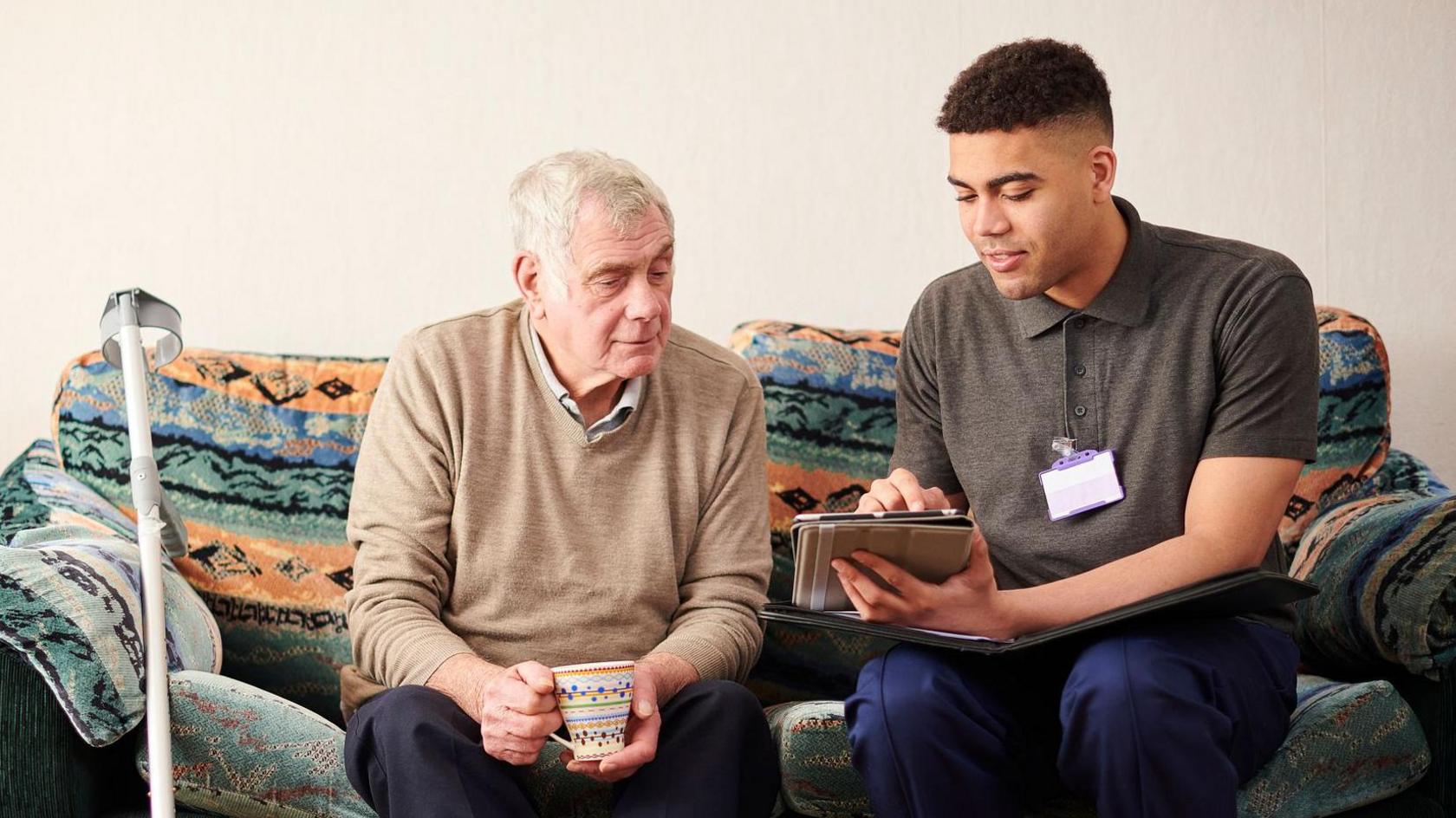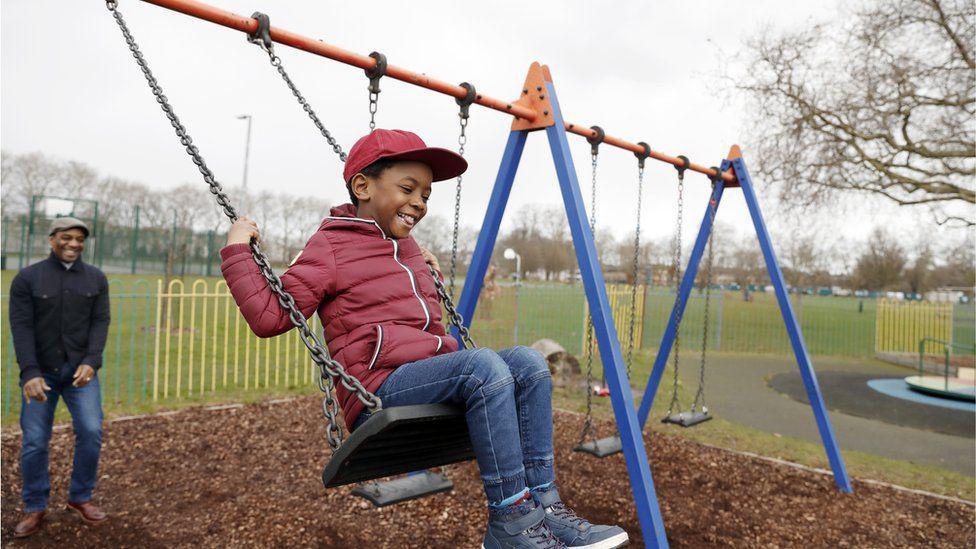What is my council tax band and how can I check it's right?

- Published
Council tax in England is expected to keep rising by 5% every year, to pay for local services.
Most councils in England put up bills by the maximum amount in April 2025, and average bills also rose in Wales and Scotland.
What is council tax for and who pays it?
Council tax is a compulsory charge on properties in England, Scotland and Wales, external.
It is set by local authorities to raise money for services including:
rubbish collection
street lighting
libraries
police and fire services
youth clubs
parks and recreation facilities
care services
Council tax bills also include additional charges.
These are used to fund the cost of care homes and other adult social care services. Another is set by local police and fire authorities, to help fund their work.
Some cities with mayors, such as London and Manchester, can add charges for other services.
Typically, anyone who is over 18 and owns or rents a home has to pay council tax.
However, there are some exemptions and discounts.
Someone living alone, for example, is entitled to a 25% reduction, external, and properties occupied only by students are exempt.
Some discounts are available if you - or someone you live with - has a disability, external.
Northern Ireland uses a domestic rates system, external instead of council tax.

How can I check I'm in the correct band?
The amount of council tax you pay depends on your property's council tax band - from A to H.
Broadly speaking, the more expensive the property, the higher the band.
In England and Scotland, bands are based on the price the property would have sold for in 1991. Wales uses 2003 prices and Northern Ireland 2005 prices.
You can check the council tax band for your home by clicking on the links below:
Moneysaving expert Martin Lewis says tens of thousands of homes could be in the wrong band, external.

Martin Lewis has been campaigning about council tax valuations since 2007
You cannot ask for your council tax band to be lowered but in some circumstances you can ask for your property to be revalued, which may lead to a reclassification.
To do this, Mr Lewis says you should compare your council tax band with that of neighbouring properties which are similar to yours in size and value. You then need to find out - or estimate - what your property would have been worth in 1991.
If you have evidence that suggests that your property has been wrongly assessed you can challenge your listing, external.
However, Mr Lewis points out that your property might be in a higher band because your neighbours' bands are too low. This could mean they are moved up a band instead of you being moved down.
What is expected to happen to council tax in 2026?
Councils in England with responsibility for social care can increase bills every year by 4.99% without having to hold a referendum or get approval from central government.
Smaller councils without social care duties can increase bills by up to 2.99%.
In April 2025, 77% of councils (294) put bills up by the maximum amount, and another 15% (56) were close to the limit.
Six areas were allowed to introduce bigger rises due to funding pressures.
It means the average Band D council tax bill in England for 2025-26 is £2,280.
Documents about police funding released as part of the government's Spending Review assume councils in England will put bills up by the maximum amount every year until 2029.
The IFS economic think tank said that this would mean bills rising "at their fastest rate over any Parliament since 2001-05".
Chancellor Rachel Reeves said there had been no change to the cap rules, which were introduced by the previous Conservative government.
The Local Government Association said council budgets were under "severe financial pressure", and services may have to be cut even if bills rise.

Councils which provide social care services can increase council tax by a larger amount
What happened to council tax in Scotland and Wales?
Council tax rates in Scotland rose by an average of 9.6% in April, with increases of at least 10% in 13 areas.
The average Band D council tax bill in Scotland for 2025-26 is £1,543.
The country's 32 councils had warned that they faced a potential shortfall of £392m in 2025-26, which could rise to £780m the following year.
The Scottish government said it was giving councils an extra £1bn in 2025-26 to help limit increases.
Council tax rates in Wales increased by an average of 7.2% in April.
It means the average Band D council tax bill in Wales for 2025-26 is £2,170.
Wales' 22 local authorities had been given £253m in December to help reduce increases, but council leaders said more was needed.
Where else do councils get their money?
About half of local authority funding comes from council tax, according to the Institute for Government (IFG).
Councils in England can also raise money by charging for services including parking, swimming pools and planning applications.
Most of the rest comes from business rates and central government grants.
Labour promised £2bn of central government funding for English councils in the year from April 2025, an extra £700m on top of the £1.3bn announced in October's Budget.
But £515m of that was earmarked to pay for higher National Insurance (NI) contributions.
The local government settlement in the Spending Review provides an additional £3.3bn for local authorities in 2028-29 compared with 2023-24.
The Spending Review also revealed the Ministry of Housing, Communities and Local Government would see a 1.4% cut in its day-to-day budget.
But the government said councils' "core spending power" would still go up, if they increased council tax by the maximum amount.
Separately, the government has announced plans to give councils in more deprived areas of England more money.
Councils can also borrow money to fund improvements in their areas - including building new schools, maintaining roads and providing sheltered housing - or to make investments intended to generate income.
Since 2010, they have bought shopping centres, office parks and solar farms and have funded large housing developments.
BBC research found councils' combined debts grew by 7% in 2024 to stand at £122bn, or equivalent to £1,700 per UK resident.
Increasing numbers of councils in financial trouble have been given permission to sell off assets to help reduce their debt.

What happens when a council goes 'bankrupt'?
Councils cannot technically go bankrupt, but if they cannot balance their budget for the financial year, they can issue what is called a section 114 notice, external.
This means they cannot commit to most new spending, and residents could see reduced services, such as fewer bin collections or cuts to libraries.
Before 2018, only two councils had issued a section 114. Twelve have been issued since.
Birmingham City Council went bust in 2023, with a £760m black hole. It followed Woking Council, Thurrock and Croydon (for the third time).
A number of local authorities in England have not issued section 114 notices but are receiving so-called "exceptional financial support", external, to help manage their budgets.
Middlesbrough Council was one of 19 authorities allowed to borrow money to fund day-to-day spending in 2024-25.